Mason Voters to Decide on Recreational Cannabis Sales in November
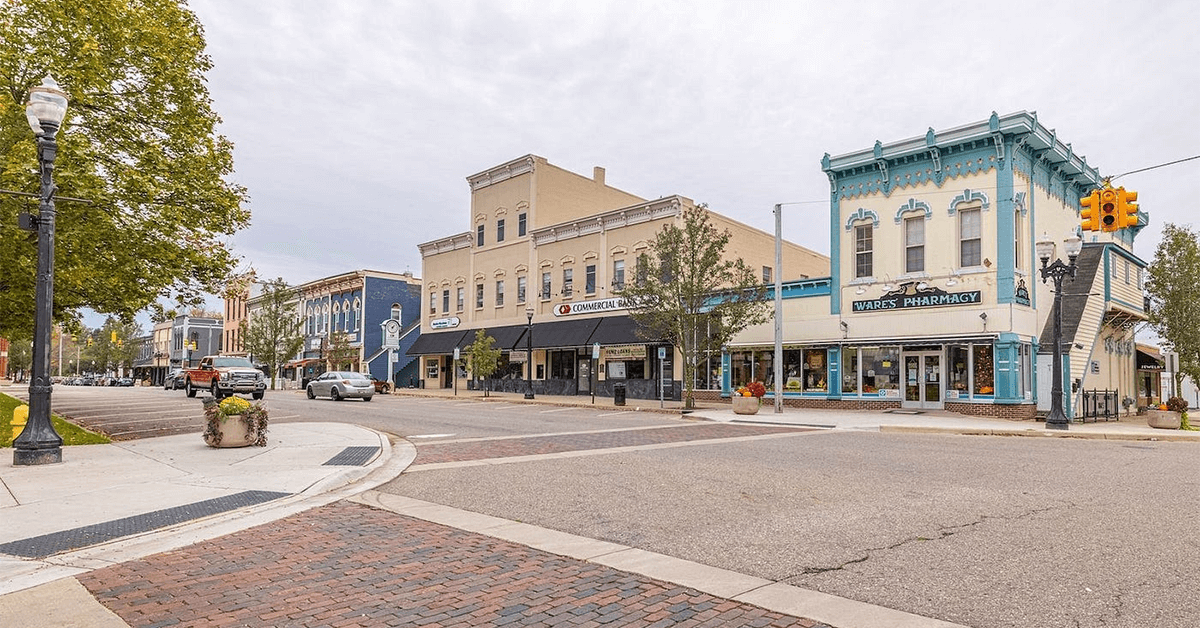
The city of Mason may soon join other Lansing-area municipalities in allowing recreational cannabis sales, pending the outcome of a city ordinance proposal set for the November ballot.
Earlier this month, the Mason City Council decided to present the ordinance proposal to voters during the general election. This decision followed a letter from Ypsilanti attorney Anderson Grandstaff, who, representing an undisclosed group of clients, indicated intentions to initiate a petition drive to overturn Mason's ban on recreational cannabis sales. This ban has been in place since the statewide approval of the 2018 Michigan Regulation and Taxation of Marihuana Act.
Should the ballot proposal pass, it would contribute to the broader expansion of recreational cannabis dispensaries in the region. To date, such dispensaries have primarily operated in Lansing, East Lansing, and Meridian Township. Eaton County saw its first dispensary open in Charlotte this summer, with a second one planned for the city. In contrast, Clinton County currently hosts one grower near Lansing but lacks recreational dispensaries.
Mason Mayor Russ Whipple noted that Grandstaff's petition was never circulated and was the sole petition brought before the council.
Grandstaff, who has been instrumental in promoting cannabis sales in various Michigan communities, declined to comment on his involvement with Mason or to disclose his client's identity.
In 2018, Michigan voters approved the legalization of recreational cannabis by a 56% to 44% margin. However, the law permitted individual municipalities to opt out of allowing sales and related businesses. Mason chose to ban retail cannabis sales, a decision echoed by many other communities across the state.
Mason City Manager Deborah Stuart highlighted the distinction between legalizing recreational cannabis use and permitting retail establishments within a community. She pointed out that industry-driven ballot proposals often lack local initiative.
During their July 15th meeting, council members took into account the 2018 general election results in Mason, where 2,245 voters supported legalization and 1,612 opposed it. This led them to opt for placing their own ballot question on the November ballot, rather than one proposed by Grandstaff.
The city's proposed ordinance, if approved, would allow for two retail cannabis establishments. The application fee would be $5,000, with additional renewal fees applicable.
Stuart mentioned that the city would provide a draft ordinance and additional information on its website at least 60 days before the election for residents to review.
A previous petition to overturn the ban did not garner sufficient signatures to reach the ballot. However, Grandstaff's recent letter, threatening a new petition drive with a proposed ordinance, prompted the City Council to reconsider its stance.
Grandstaff's letter to the City Council suggested that his client believed there would be substantial grassroots support for the proposed ordinance, aiming to avoid an adversarial relationship with the council.
Permitting retail cannabis licenses could also secure state tax revenues for Mason. Michigan's recreational cannabis market, valued at $3 billion, generated $87 million in tax proceeds distributed to 269 municipalities in February. Each city, township, village, or county with a dispensary received approximately $59,000 per establishment, potentially netting Mason $118,000 with two dispensaries.
Ingham County received $1.8 million from its 30 stores, ranking behind Bay, Kalamazoo, Washtenaw, and Wayne counties in store numbers. Lansing had about 24 businesses at that time, surpassed only by Ann Arbor and Detroit, with 26 and 59 shops, respectively.
Origins of the Proposal
Grandstaff's 2023 letter included a draft ordinance limiting Mason to two retail cannabis establishments, excluding growers, processors, facilities, and transporters. According to a city staff memo to the City Council, this proposal would lift Mason's prohibition on recreational cannabis retail businesses, creating a regulatory framework for licensing and guidelines for city employees.
Mayor Whipple noted that the proposed adoption process was impractical and that establishing a municipal framework for cannabis businesses was uncomfortable for city officials. Grandstaff expressed a willingness to discuss ordinance adjustments to align better with the city's preferences.
Mason officials collaborated with Grandstaff and reviewed Birmingham's approach to cannabis regulation. Birmingham had similarly been approached by an external entity proposing cannabis establishments. Birmingham chose to draft its own ordinance for a ballot proposal, which ultimately failed by a significant margin in November 2023.
Grandstaff's Broader Efforts
Grandstaff has pursued cannabis legalization in various Michigan communities through petition drives. Among these were Harbor Springs, Howell, Kinderhook Township, and several Oakland County cities, including Auburn Hills, Clarkston, Keego Harbor, Lathrup Village, and Leonard Village. Some of these efforts led to proposals on ballots, with mixed outcomes; for example, Keego Harbor and Auburn Hills approved ordinances, while others did not.
Share this article:
Spotted a typo, grammatical error, or a factual inaccuracy? Let us know - we're committed to correcting errors swiftly and accurately!
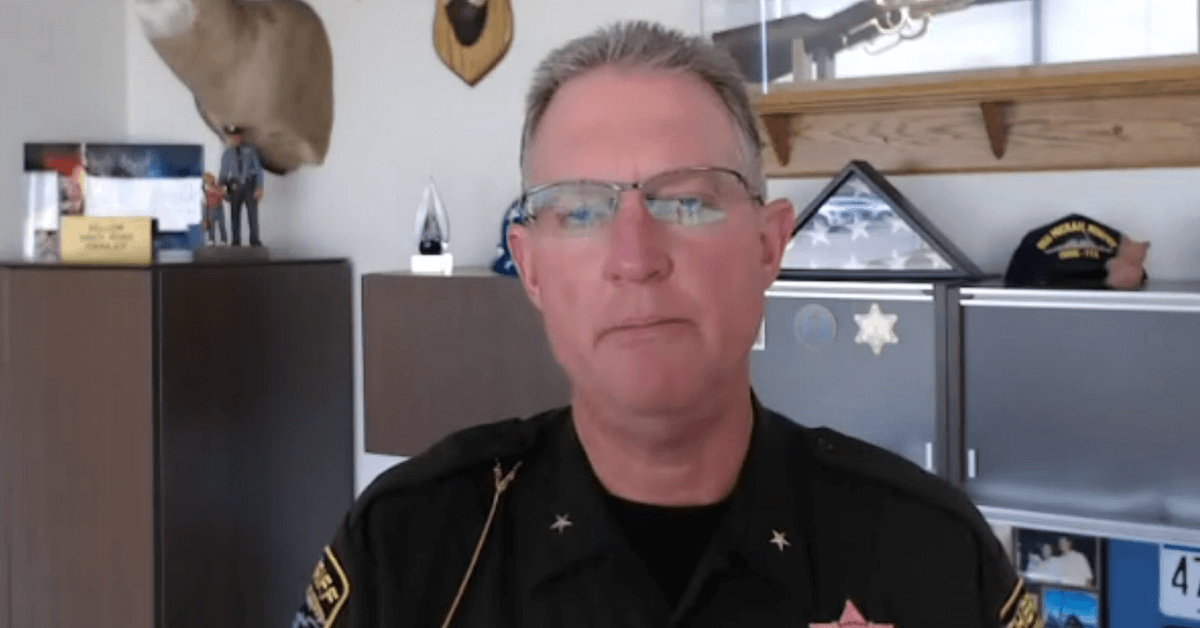
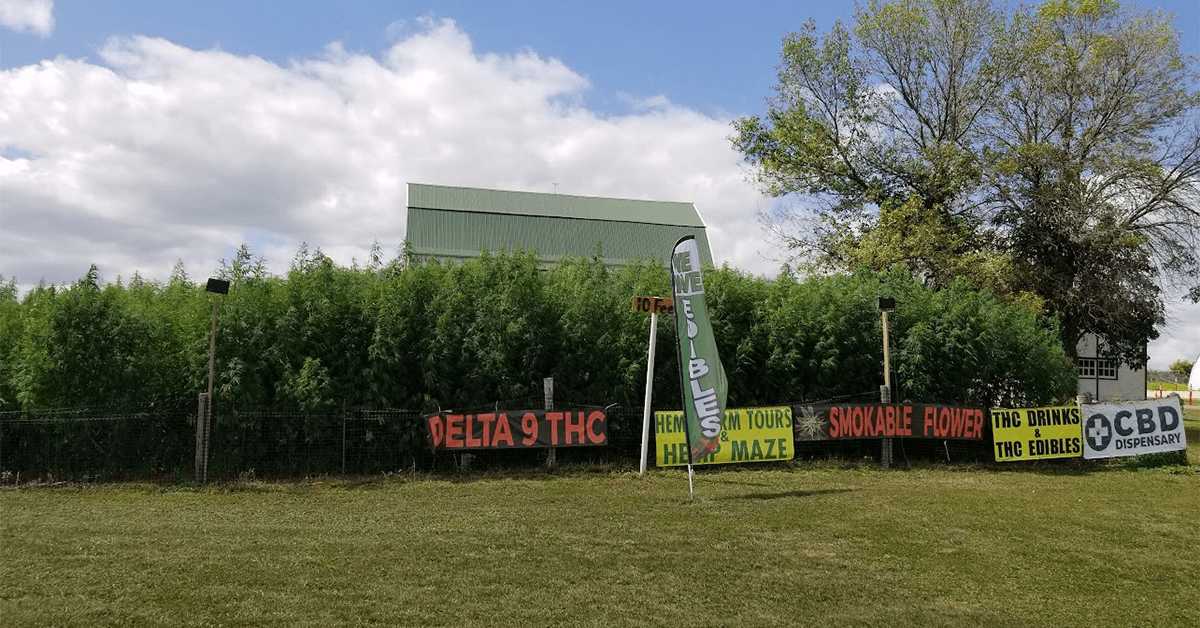

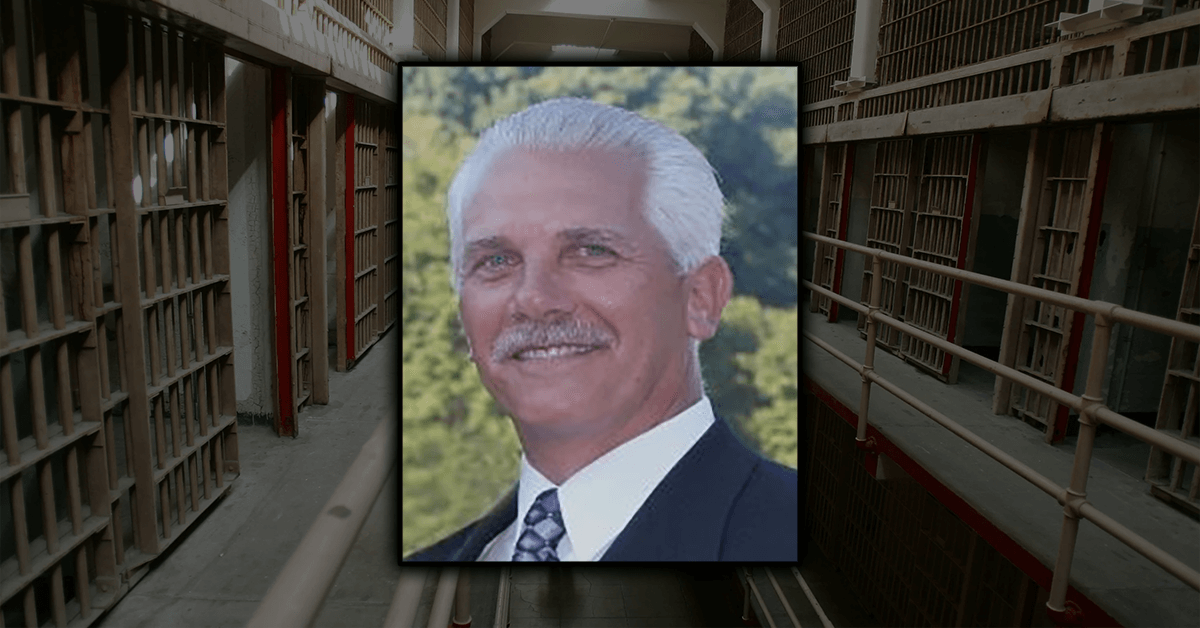
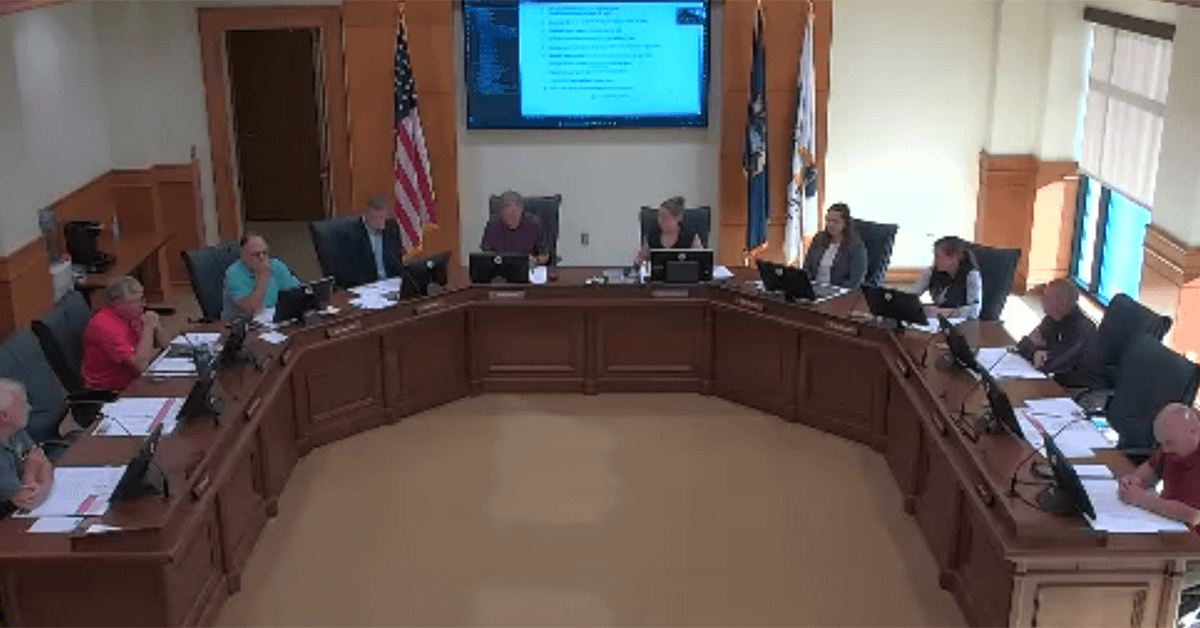



 Helpful Links
Helpful Links